French anarchist Joseph Dejacque coined the term, libertarian from the French root libertaire, to distinguish his libertarian communist approach from the mutualism of Pierre-Joseph Proudhon, in which two different organisms benefit from one another through mutual arrangement. William Belsham used the term for the first time in recorded history, in 1789. H. L. Mencken and Albert Jay Nock were the first Americans to proclaim themselves as libertarians. The term, libertarianism was considered synonymous to anarchism. The libertarian activists, differing in their views, used slightly different terms like Libertarian Marxism, libertarian communism, Left-libertarianism and libertarian socialism. The Libertarian movement started in the US in 1950s and was influenced by people like Barry Goldwater, the Arizona State Senator. During the Vietnam War, in 1960s, the American libertarians distanced themselves from the anarchists, in that the former opposed the war and joined peace movements. During this period the libertarians started publishing their own literature like Murray Rothbard’s, magazines, Reason and The Libertarian Forum.
1. Thomas Paine
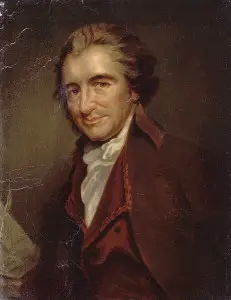
Thomas Paine was born on January 29, 1737 in Thetford, Norfolk, Great Britain and died on June 8, 1809 at the age of 72, in New York City, New York, U.S. He was an English American political activist, Libertarian and author. Helped by Benjamin Franklin, he immigrated to the British American Colonies in 1774. He contributed to the American Revolution through his most influential works; Common Sense and The American Crisis. Whereas the former was a widely read pamphlet, the latter was America’s all-time best seller. John Adams, the second president of the Unites States and an American Founding Father, in appreciation of Common Sense, commented ‘Without the pen of the author of Common Sense, the sword of Washington would have been raised in vain’.
2. Albert Jay Nock
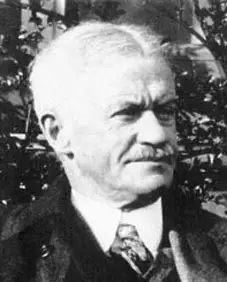
Albert Jay Nock was born to a steelworker father, in Scranton, Pennsylvania, US on October 13, 1870 and died on August 19, 1945. He was raised in Brooklyn, New York. He attended St. Stephen’s College. He was an influential American libertarian author and an educationalist. He wrote his first book The Myth of a Guilty Nation, which expressed his anti-war views. In 1914, he joined The Nation, a magazine supporting liberal capitalism. He spoke of himself as a philosophical anarchist. He was against political state, condemning it as the body which ‘claims and exercises the monopoly of crime”. He was also against all kinds of totalitarianism, including Fascism, Bolshevism, Marxism, Hitlerism and Communism. He was also against democracy, compulsory education, income tax and centralization.
3. H. L. Mencken
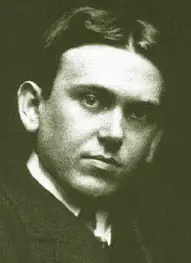
Henry Louis Mencken, commonly known as H. L. Mencken, was born on September 12, 1880 in Baltimore, Maryland, U.S. and died on January 29, 1956 at the age of 75 years, U.S. He was an influential American libertarian, scholar of American English, critic of American society and an essayist. He was also known as the sage of Baltimore. He impacted the American libertarian movement, strongly. He was known for his controversial ideas. He was an open admirer of the German philosopher, Nietzsche and was sympathetic to Germans but detested Hitler and his party, calling them as ignorant thugs. He was also against democracy and considered it a system in which the inferiors dominated their superiors.
4. Tonie Nathan
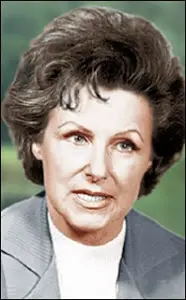
Tonie Nathan was born to a Jewish family in New York City, on February 9, 1923. She graduated with degree in journalism from the University of Oregon. She owned an insurance agency and a music publishing firm. She was nominated by the convention delegates at the first presidential nominating convention of the Libertarian Party in 1972. Out of 75 million cast votes, the ticket received only 3,674 official votes. However, the Republican Elector Roger MacBride of Virginia voted for Hospers and Nathan instead of Nixon and Agnew, making her the first Jewish and the first woman to receive an electoral vote in a United States presidential election. In 1972, she was the vice presidential nominee of the Libertarian Party and running mate of John Hospers.
5. Sam Dolgoff
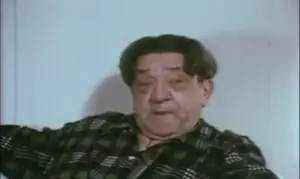
Sam Dolgoff was born in Ostrovno, Vitebsk, Russia in 1902 and died in the Lower East Side of Manhattan in 1990. In 1906, he moved to New York as a child and lived in the Bronx and the Lower East Side of Manhattan. He followed his father and became a house painter at the age of 11 years. In 1922, he joined Industrial Workers of the World. He was an American Anarchist and founded the Libertarian Labor Review magazine. He was editor of the publication Vanguard: A Journal of Libertarian Communism. In 1954, he confounded the Libertarian League in New York.
6. Dave Van Ronk
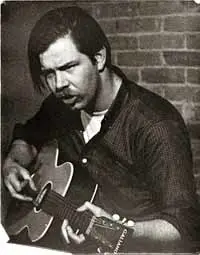
David Kenneth Ritz Van Ronk, better known as Dave Van Ronk was born on June 30, 1936 in Brooklyn, New York and died on February 10, 2002 at the age of 65 years. In 1951, he moved from Brooklyn to Queens, where he attended the Holy Child Jesus Catholic School. In 1960, he supported Libertarian causes and became a member of the Libertarian League. He was nicknamed the Mayor of MacDougal Street. He was a well known American folk singer and contributed towards the revival of folk singing in 1960s. His works are wide ranged and included English ballads, blues, rock, gospel and New Olean Jazz.
7. Enrico Arrigoni
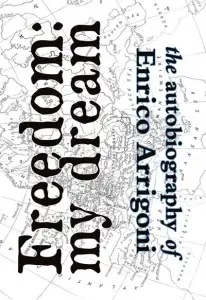
Enrico Arrigoni was born on February 20, 1894 in Martesano, Milan, Italy and died on December 7, 1986 in New York City, New York, US. He was an individualist anarchist and political activist. He was influenced by Max Stirner and adopted the pseudonym, ‘Brand’ after a character from Henrik Ibsen’s play. Between 1910 and 1920, he participated in antiwar activism in many countries including, Germany, Switzerland, Argentina, Hungary and Cuba. From 1920 onwards, he lived in America and edited Eresia and wrote for Intessa Libetaria. He was the life member of the Libertarian Book Club in New York City.
8. Murray Bookchin
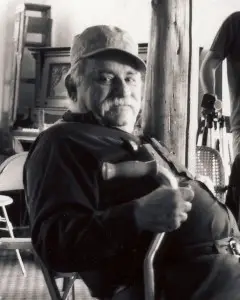
Murray Bookchin was born on January 14, 1921 in New York City, New York and died on July 30, 2006, at the age of 85 years in Burlington, Vermont. He was an American Libertarian author, orator and philosopher. He authored more than twenty books on politics, history and philosophy. He advocated decentralization of society. He wrote about Libertarian muncipalism, which influenced the Green Movement and anti-capitalist action groups like, Reclaim the Streets. In 1970, explaining his philosophy, he said ‘The overriding problem is to change the structure of society so that people gain power. The best arena to do that is the municipality ” the city, town, and village ” where we have an opportunity to create a face-to-face democracy ‘. He used the term Libertarian muncipalism in 1980.
9. Gary Earl Johnson

Gary Earl Johnson was born on January 1, 1953 in Minot, North Dakota, U.S. He studied at University of Mexico. He was a member of the Libertarian Party and was the 29th Governor of New Mexico from 1995 to 2003. He was a record holder in using the veto power and was nicknamed Veto Johnson and Governor Veto. In 2009, he founded a non-Profit organization, Our America Initiative. On May 5, 2012, he won the Libertarian Party nomination and his running mate James M. Gray won the presidential nomination. It was considered the most successful third party presidential candidacy in the Libertarian Party’s history.
10. David Fraser Nolan
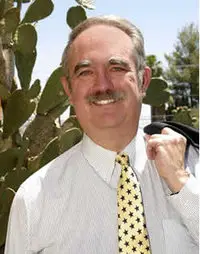
David Fraser Nolan was born on November 23, 1943 and died of stroke in Tuscan, Arizona on November 21, 2010. He was a founding member of the Libertarian Party of the United States. He served the party in different capacities including, National Chair, Chairman of the By-Laws Committee, Chairman of the platform Committee. He popularized the Nolan Chart, which shows the Left versus right political taxonomy and separates the economic and social freedom. It is sometimes called, the World’s Smallest Political Quiz. Nolan and his group initiated the International Society for Individual Liberty.
Conclusion
A libertarian is a person, who believes in the personal liberty of thought and action. The American founding fathers, conceived the idea libertarianism on the belief that human happiness depends upon freedom and that freedom lies in minimum powers exercised to control individuals and the maximum protection provided to them to protect their rights. Charles Murray, in his book, What It Means to Be a Libertarian , which was published in 1997, wrote,’ A few people, of whom I am one, think that the Founders’ insights are as true today as they were two centuries ago. We believe that human happiness requires freedom and that freedom requires limited government’.
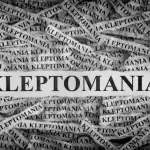

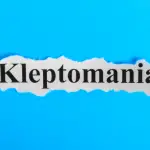
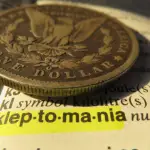




Leave a Reply